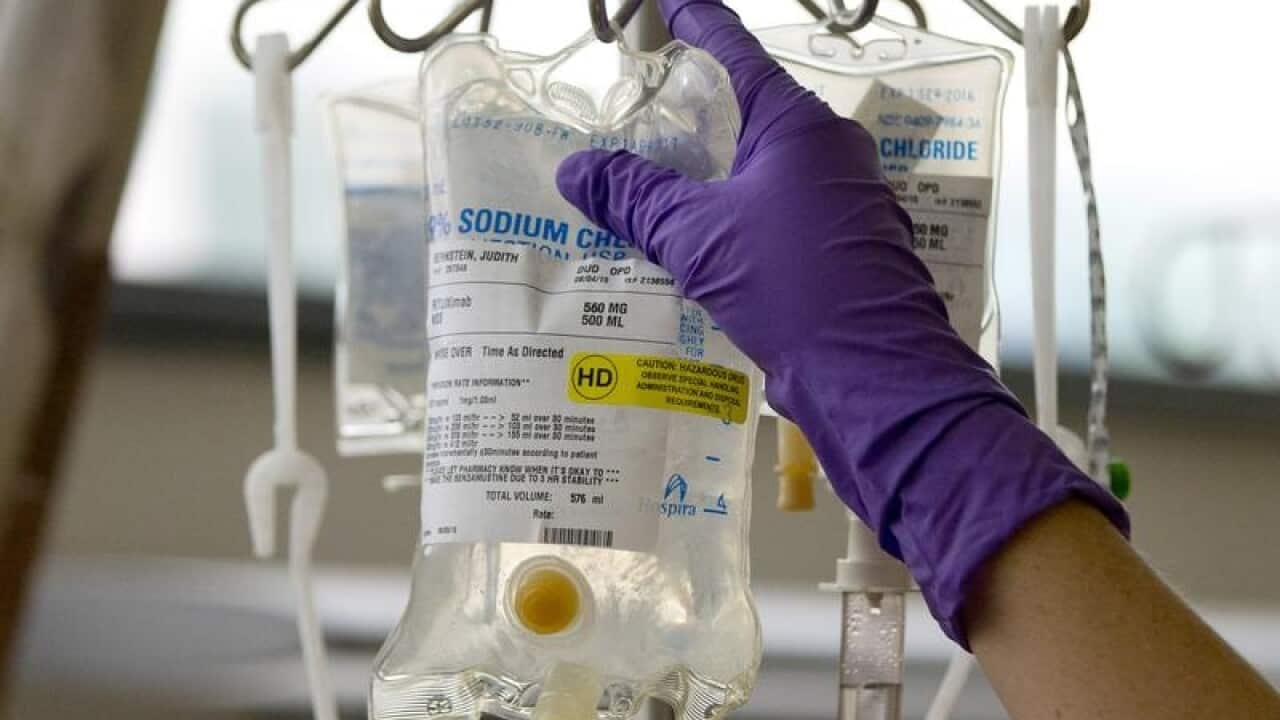Some children with severe infections requiring intravenous antibiotics can safely have these at home instead of in hospital, a study has found.
Australian researchers systematically reviewed the efficacy, safety and cost of home-based versus hospital-based IV antibiotic therapy for a variety of acute infections in children such as appendicitis and chest infections and those with cystic fibrosis.
The findings, published in journal The Lancet Infectious Diseases, will help to leave hospital earlier, says lead author Associate Professor Penelope Bryant from the Murdoch Children's Research Institute (MCRI).
"Many children in hospital are on IV antibiotics. Most parents would prefer their children to be at home if it is safe to do so," said Associate Professor Bryant.
The review analysed all possible studies investigating home-based and hospital-based intravenous antibiotic therapy and assessed them for quality.
In total, 19 studies were included in the review.
According to the findings, the incidence of complications and readmission to hospital was similar for hospital-based and home-based treatments.
In seven of 15 studies, 47 per cent of patients who had all or part of their care at home received treatment for longer than those who were treated entirely in hospital.
"No studies showed that home-based treatment was less safe than hospital-based treatment," the authors wrote.
In all studies in which treatment satisfaction or costs were assessed, home-based treatment was satisfactory to patients or patients' families.
It was also found at-home IV treatment was less expensive per episode than hospital-based treatment by up to 75 per cent.
"Thus, home-based intravenous antibiotic therapy might be popular and cost-effective, but randomised studies of the efficacy of this strategy are needed," the authors suggested.
Associate Professor Bryant says it would be a "good thing" if children went home earlier, even if it was by one day.
She called on doctors to actively consider IV antibiotic treatment at home as a management option.
"Children do better psychologically at home, they get better faster, they are less at risk of hospital acquired infections, and dynamics are improved for the whole family," she said.
Dr Joanne Ging, a paediatrician and head of general medicine at the Children's Hospital at Westmead in Sydney, says they have been doing this for the past 10 years and its been a very successful program.
"Many of our cystic fibrosis families all their treatment done at home," Dr Ging told AAP.
Not only is it beneficial to the patient but it's cost effective and frees up hospital beds, Dr Ging says.
"In the last financial year we saved 4,466 bed days by treating children at home, not just for antibiotics but for other things as well," Dr Ging said.
Parent satisfaction is also very high, Dr Ging says.
"It can be really hard when parents have got lots of kids to look after, it is much better for the children."

